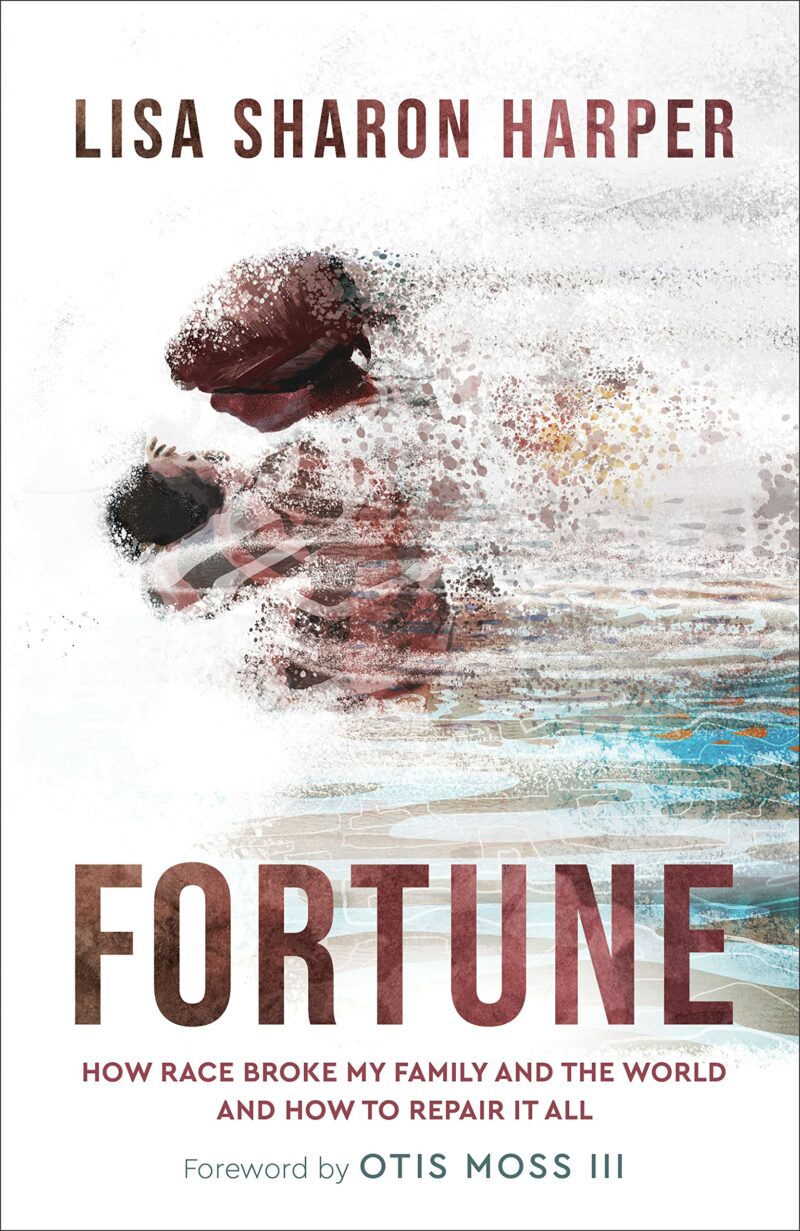There is a narrative gap in our nation. Wide is the distance between the stories we tell about ourselves and the actual truth of how we got here and who we are. The narrative gap also represents the yawning divide between disparate public narratives of our common story and what it will take to make things right. It is the distance between “Make America Great Again” and Martin Luther King Jr.’s “dream” of the Beloved Community.
Narrative shapes worldview. If one’s story of America is grounded in the myth of Manifest Destiny and Jonathan Winthrop’s “city upon a hill,” then one’s vision of the future erases, justifies, and spins the sin and oppression that made White American prosperity possible—stolen land, free labor, rape to breed more free labor, and continued exploitation of non-Whites to protect one’s destiny on the hill. But if your story of America is shaped by the dream of the Beloved Community, then your vision of the future struggles forward toward a common peace and common justice that our nation has never seen. Our narratives shape our politics—our conversations and decisions about how the polis (the people) should live together. Narrative shapes the world.
The first step of transitional justice—the process of transforming a society steeped in oppression into a just democracy—is to shrink the narrative gap. To do this, we must seek the truth, listen to the truth, and tell the truth.
Truth-seeking is a spiritual practice. It requires one to admit they do not already possess the whole truth. They have need. There are things they don’t know—things that matter. Truth-seeking requires humility. Humility sees the image of God in the other, the inherent dignity of the other, the mind of the other, the heart of the other—and it respects the will of the other. The practice of humility is the first act of repair. For it was the absence of humility that broke the relationship between people of European descent and the colonized world to begin with. It was the assumption that all who are not like the self are not fully human, not called by God to exercise agency, not capable of stewarding the world. Humility is an act of repentance. Practicing humility heals the European soul.
Truth-listening begins the process of peeling back the death grip of spin and false narratives. Truth-listening leans in. It centers the narratives that rise from the margins and recognizes the expertise of those most affected by oppression. Drawing from humility, truth-listening steps back and invites the other forward. It recognizes the other’s divine call to help steward the guiding story and lay foundations for the guiding vision.
Truth-telling fans the flames of human agency, giving democracy breath and citizens in a democracy the ability to govern themselves toward just peace. It fills the narrative gap with perspective and details usually erased. Truth-telling moves us from the realm of ideas and grounds the transformative process in the reality of what happened. No justice is possible until we reckon with the truth of what happened.
Truth-seeking, truth-listening, and truth-telling are critical to the process of re-membering public memory—reuniting public memory that has been disjointed and dismembered by spin and justification.
The Bible compiles narratives of the oppressed to establish a common public memory. From its first page to its last, more than forty authors from a serially colonized and enslaved people attempt to establish common public memory in a context that breeds fragmentation. While they could have cordoned off the story-telling and story-listening within their own community, the biblical writers often invite immigrants and adopted members to share their common memory as an act of confession of truth that leads to communion.
Genesis 1 was written in the shadow of seventy years of enslavement in Babylon as a rebuke to the worldview of the Hebrews’ colonizer. The book of Luke was written to Theophilus (translated “lover of God”) to set the record straight under the Roman Empire. Revelation was written in code to a crushed and fragmented colonized people to reconcile their current narrative and to cast a future vision. Throughout biblical narratives, characters build altars, sing songs, and establish common rituals such as the taking of Communion to institutionalize public memory.

Today, individuals engage truth-searching by reading stories, books, and essays, watching movies and documentaries, and soaking in the music that rises from oppressed peoples. But it is not enough to immerse oneself in the stories of the other. A key strategy of White supremacy is to dismember, warp, and erase the memories of peoples of European descent. People deemed “White” in the United States have forgotten who they really are. They have forgotten their own histories of oppression and degradation in Europe. They have forgotten why and how they came to this land. God charges the Hebrews again and again to remember that they were once enslaved in Egypt. This is the source of their humility—this is their grounding memory. People of European descent in the US lack such humility because they lack such memory. They have come to believe they are actually White, but Whiteness is a phantom. It is not real. It is constructed by governments and entrenched by common lived experience in relationship to public policy and the cultural mores that grow around them. Whiteness has no common struggle, no common people, no common story. Rather, it floats like a figment, elusive and yet claimed at the same time. Myths and lies are its foundation and beams. And all truth that threatens the constitution of the house called “Whiteness” is eradicated in service to pure power . . . and the promise of it. People of European descent have work to do. They must dismantle the myths of their identity and reckon with their actual origin stories. There is no more powerful way to do this than through the process of uncovering family history.
Family histories tell stories woven by pictures, oral histories, census schedules, ship manifests, immigration papers, newspaper clippings, wills, and military and tax records. Family stories are dynamic, full of movement and verbs, not static hierarchies begging for protection. Family stories are profoundly human, full of texture, unexpected twists, surprises, and secrets—hidden from view to protect illusions of wellness and nobility. For many people of European descent, these secrets protect generations from the shame of falling short of Whiteness. Family stories uncover the things that happened—our untold origin stories that root us in actual time and place and peoples. They have the power to tell us who we really are and how we really got here. They have the power to show us the moment of the break—the moment we were broken and the moment we broke others. We cannot repair the collective until we know when and how we broke it.


























